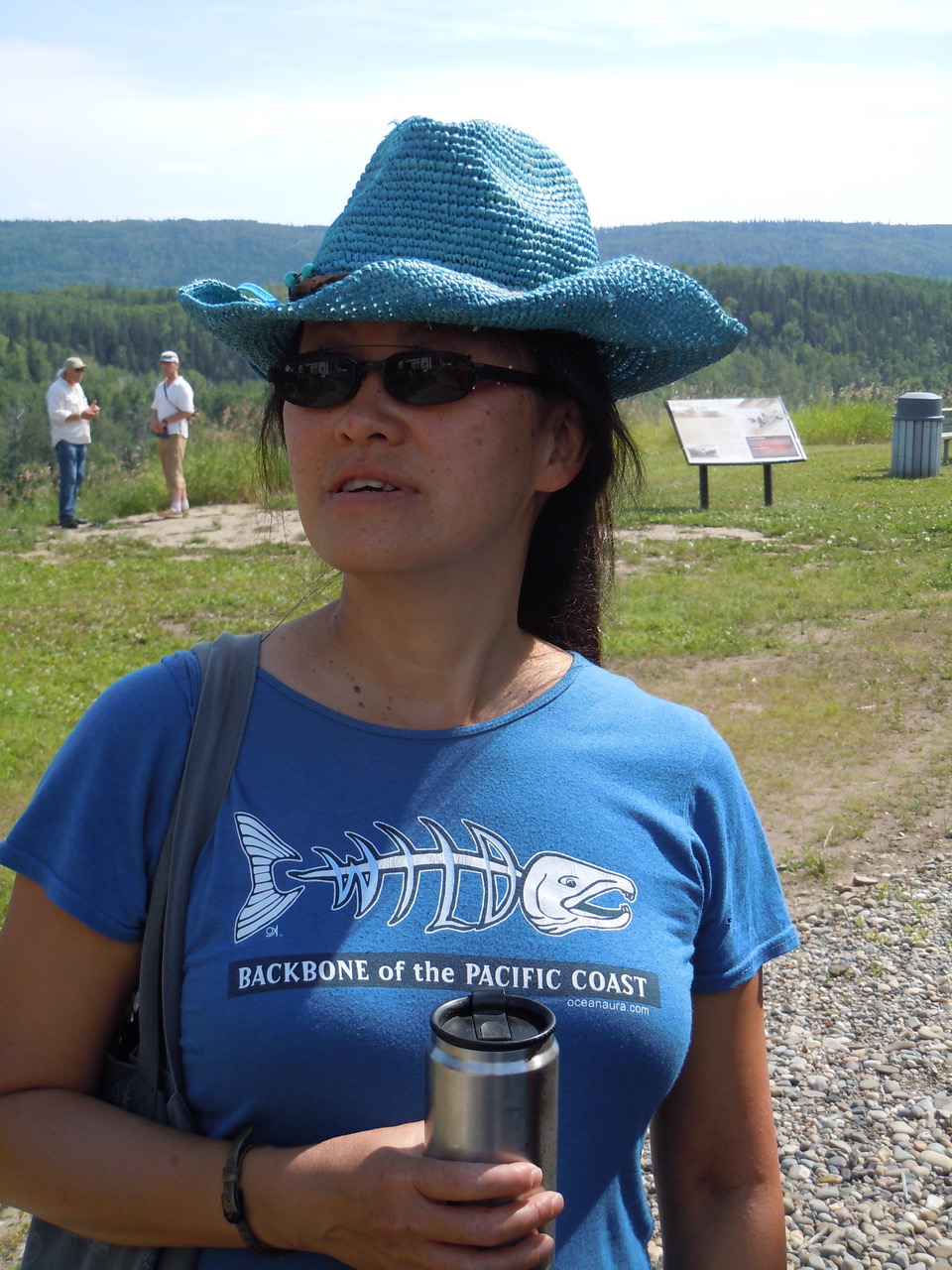 Rita Wong
Rita Wong
An Associate Professor in Critical and Cultural Studies, Rita Wong investigates the relationships between contemporary poetics, water justice, ecology, and decolonization. She has co-edited an anthology with Dorothy Christian entitled Downstream: Reimagining Water. A recipient of the Dorothy Livesay Poetry Prize and the Asian Canadian Writers' Workshop Emerging Writer Award, Wong is the author of beholden (Talonbooks, 2018, with Fred Wah), undercurrent (Nightwood, 2015), perpetual (Nightwood, 2015, with Cindy Mochizuki), sybil unrest (Line Books, 2008, with Larissa Lai), forage (Nightwood, awarded Canada Reads Poetry 2011), and monkeypuzzle (Press Gang, 1998).
Wong works to support Indigenous communities' efforts towards justice and health for water, having witnessed such work at the Peace River, the Wedzin Kwa, the Columbia River, the Fraser River, the Salish Sea, and the Arctic Ocean watershed. She understands that when these waterways are healthy, life (including people) will be healthy too, and that we cannot afford to endanger and pollute the waters that sustain our lives.
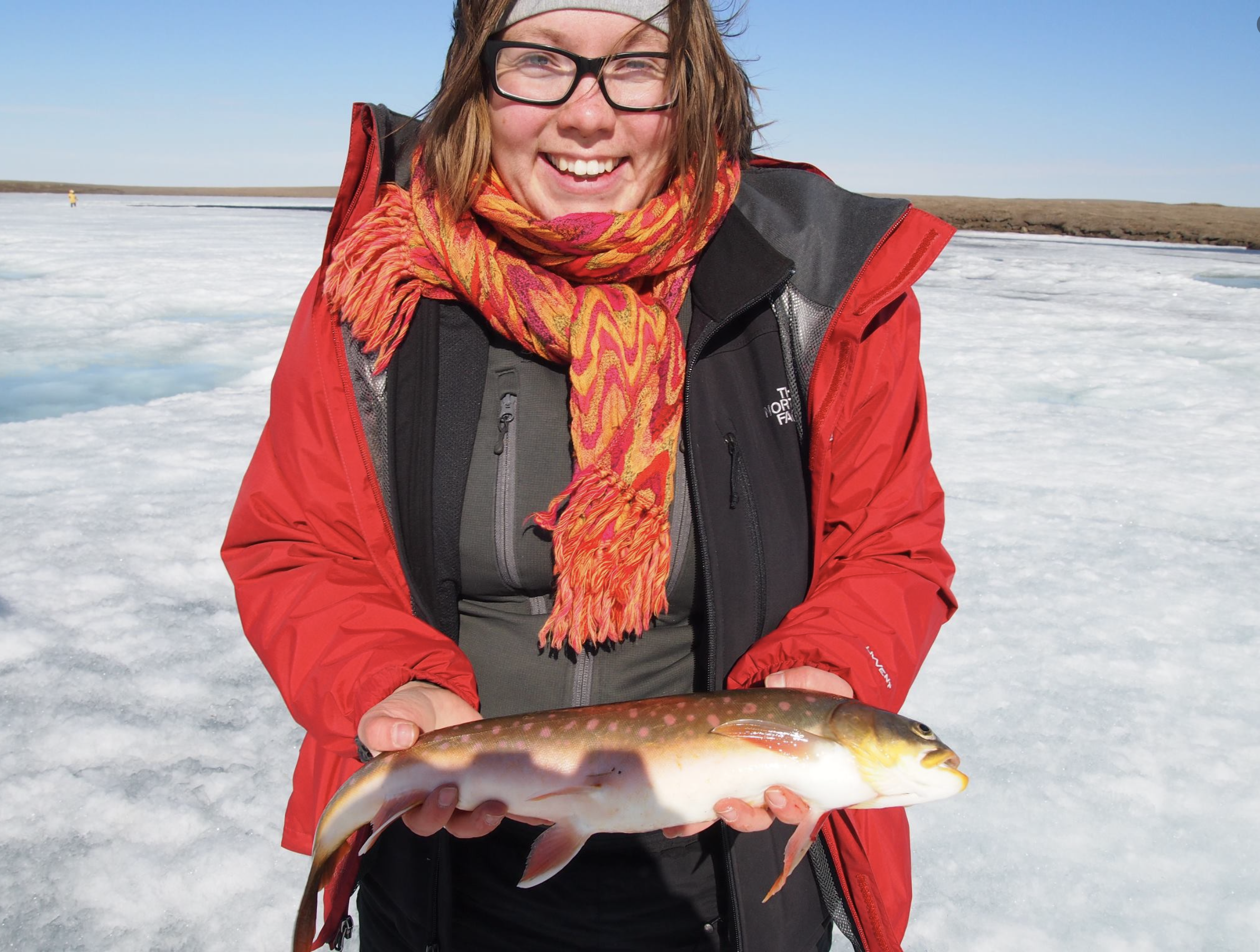 Zoe Todd
Zoe Todd
Dr. Zoe Todd (she/they) (Red River Métis) is a practice-led artist-researcher who studies the relationships between Indigenous sovereignty and freshwater fish futures in Canada. As a Métis anthropologist and researcher-artist, Dr. Todd combines dynamic social science and humanities research and research-creation approaches – including ethnography, archival research, oral testimony, and experimental artistic research practices – within a framework of Indigenous philosophy to elucidate new ways to study and support the complex relationships between Indigenous sovereignty and freshwater fish well-being in Canada today. They are a co-founder of the Institute for Freshwater Fish Futures, which is a collaborative Indigenous-led initiative that is 'restor(y)ing fish futures, together' across three continents. They were a 2018 Yale Presidential Visiting Fellow, and in 2020 they were elected to the Royal Society of Canada's College of New Scholars.
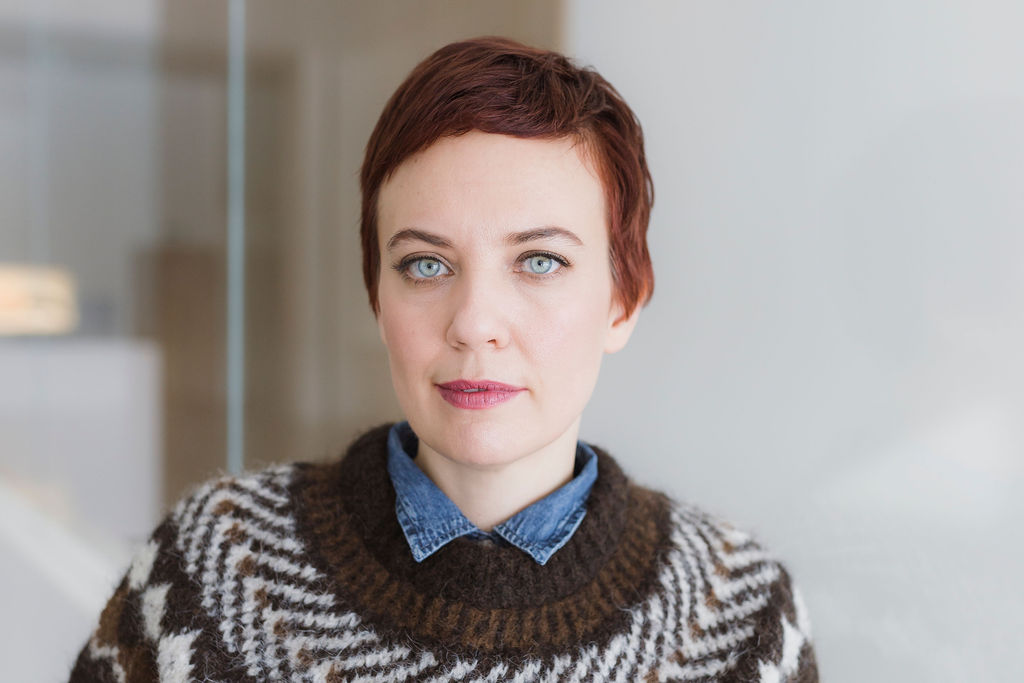 Sheri Benning
Sheri Benning
Sheri Benning’s most recent poetry collection, Field Requiem, was published by Carcanet Press in Fall 2021. Poems from Field Requiem appeared in The Paris Review, Times Literary Supplement, Brick, Poetry Review, PN Review and Grain. Her short film Winter Sleep, based on a poem from Field Requiem, is an official selection at film festivals in North America, Europe and the UK. She’s also the author of The Season’s Vagrant Light: New & Selected Poems (Carcanet Press), as well as Thin Moon Psalm (Brick Books) and Earth After Rain (Thistledown Press). Benning grew up on a diversified family farm in the R.M. of Wolverine Creek, Treaty 6 Territory.
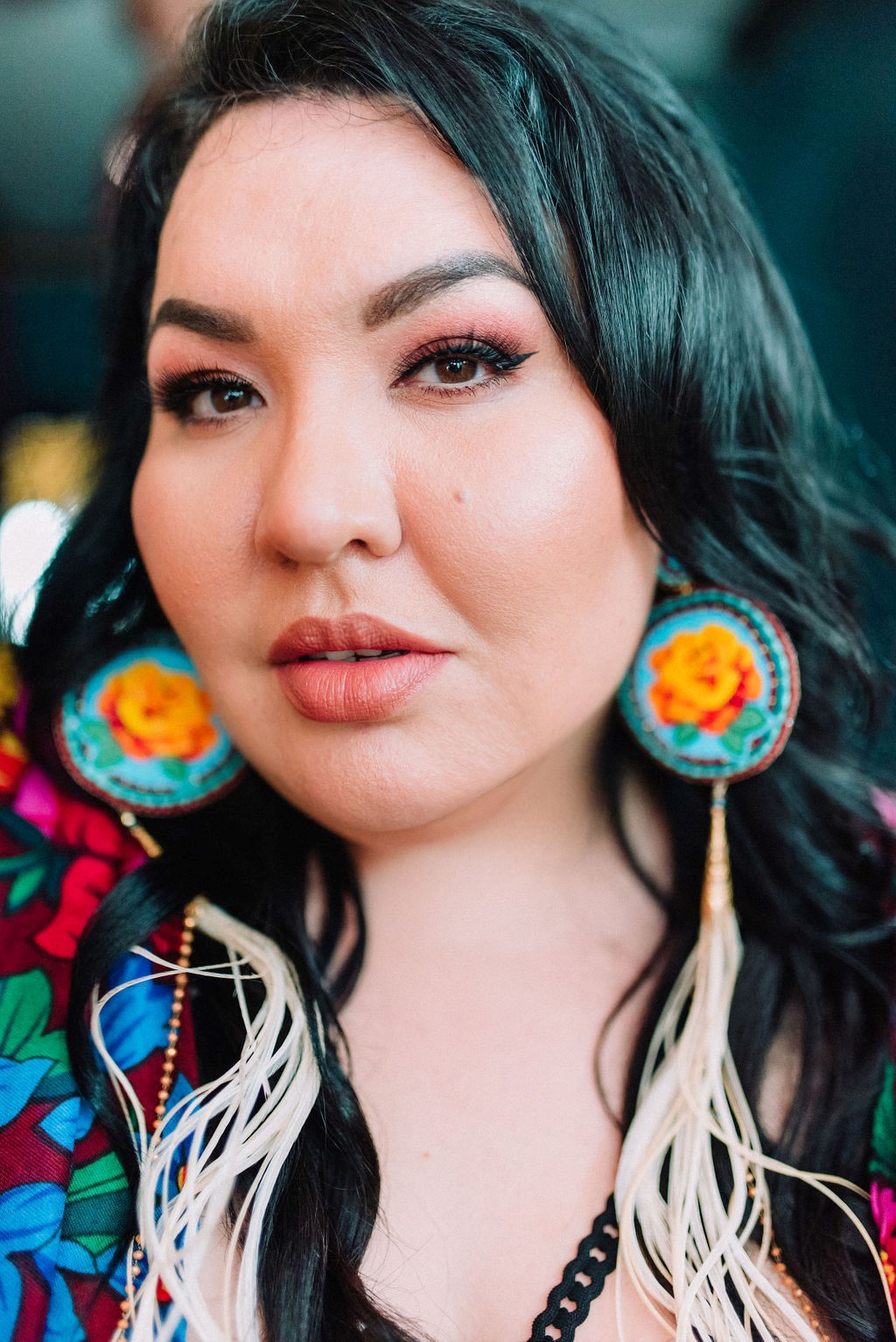 Tenille K Campbell
Tenille K Campbell
Tenille K Campbell is a Dene/Métis author from English River First Nation, SK. She is enrolled in her PhD program at University of Saskatchewan. Her newest poetry collection, Nedí Nezu (Arsenal Pulp Press, 2021) is an exploration of the beautiful space that being a sensual Indigenous woman creates in life, in relationships, in the land. Her inaugural poetry book, #IndianLovePoems (Signature Editions, 2017) is an award-winning collection of poetry that focuses on Indigenous Erotica. She is also the artist behind sweetmoon photography and the co-creator of tea&bannock. She currently resides in Saskatoon.
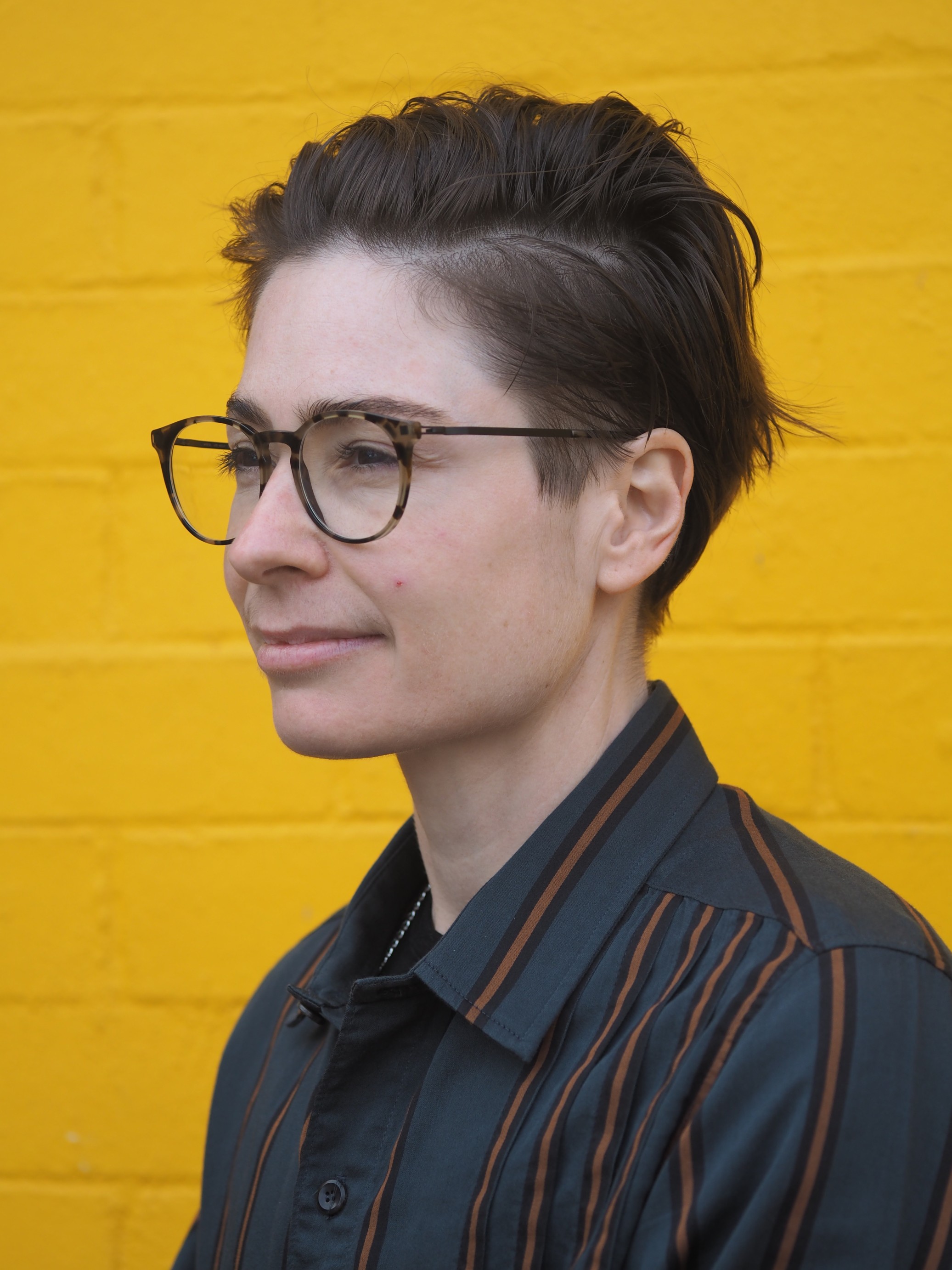 Ame Kanngieser
Ame Kanngieser
AM Kanngieser is a geographer, sound artist and Marie Curie Research Fellow in Geography at Royal Holloway University of London. They are the author of Experimental Politics and the Making of Worlds (2013) and Between Sound and Silence: Listening towards Environmental Relations (forthcoming), and have published in a range of interdisciplinary journals including South Atlantic Quarterly, Progress in Human Geography and Environment and Planning D. Their collaborative audio work has been featured on Documenta 14 Radio, BBC 3, ABC Radio National, The Natural History Museum London, Arts Centre Melbourne, Radio del Museo Reina Sofía and Deutschland Radio, and has been featured in international arts and music publications including The Wire: Adventures in Sound and Music, Quietus, Transmediale, Outline and Art Quarterly magazines. https://amkanngieser.com/
 Susan Shantz
Susan Shantz
Susan Shantz is a Saskatoon artist and professor of sculpture and mixed media art in the Department of Art and Art History at the University of Saskatchewan. Her mixed-media installations include textiles, found objects and video exploring our cultural connections to nature. In developing the artworks for her exhibition, Confluence, Shantz was informed by working with environmental scientists on collaborative, community and teaching projects including Delta Days, Becoming Water/Being Water and the City of Saskatoon and Moose Jaw Art Gallery digital billboard public art projects, We Are The River and We Are The Lake. Earlier versions of some of the works in Confluence were shown in Currents at the Duggan House Residency and Artwalk, Esplanade Gallery, Medicine Hat, Alberta.
Shantz’s artwork has been featured in solo and group exhibitions in public and artist-run galleries across Canada and internationally and supported with grants from the Canada Council, Ontario Arts Council, SK Arts and the British Columbia Arts Council. Her work is in public art collections including the Canada Council, SK Arts, Remai Modern (Mendel Collection), MacKenzie Art Gallery, Art Gallery of Greater Victoria, Art Gallery of Hamilton, Museum London, Canadian Clay and Glass Gallery, Burlington Cultural Centre and in private collections.
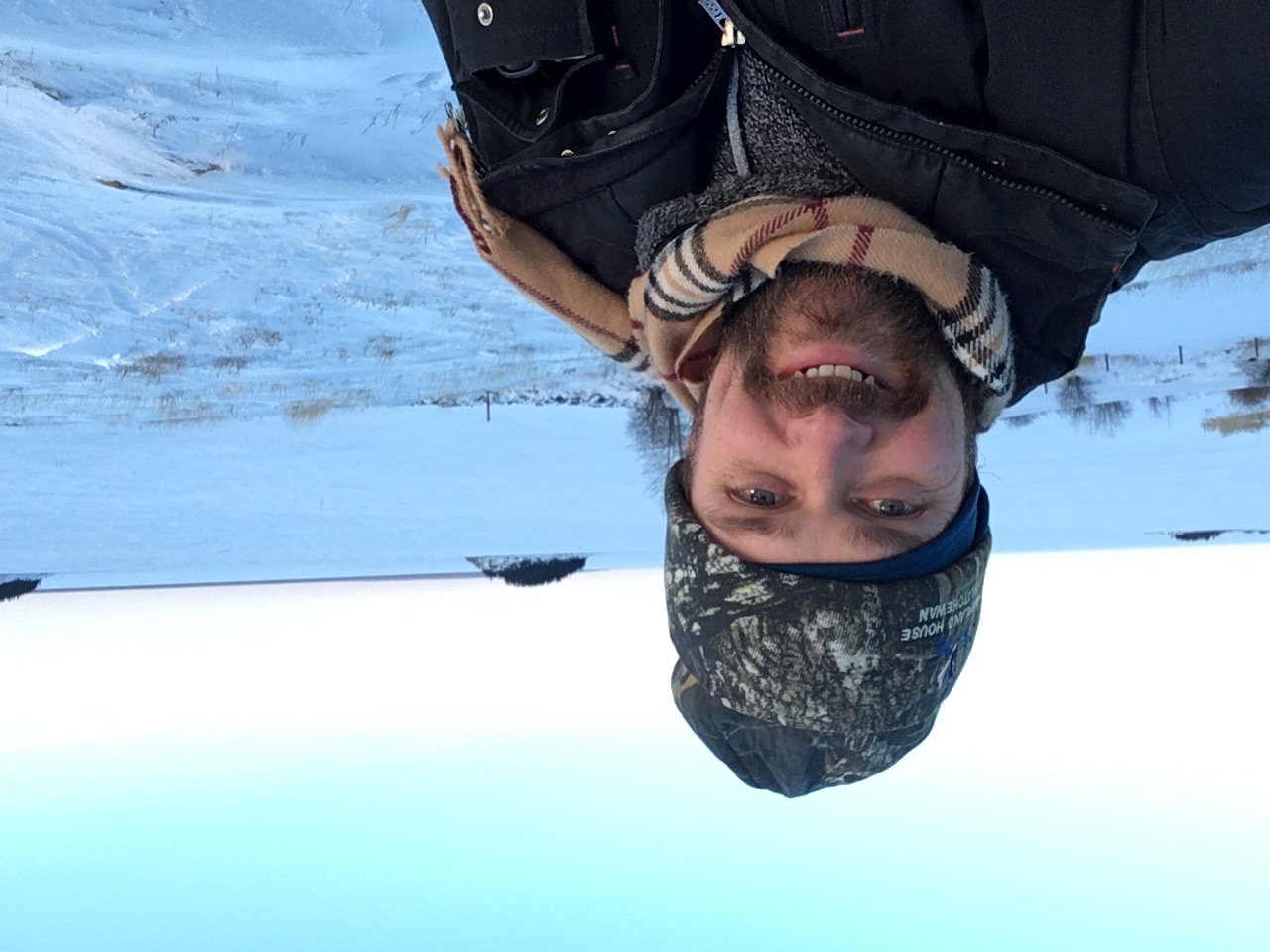 Graham Strickert
Graham Strickert
Dr. Graham Strickert (Graham) was born and raised in Scugog Township, Ontario which is the traditional territory of the Mississauga’s of Scugog Island and the Mississauga Nation. He is an Assistant Professor at the School of Environment and Sustainability and a founding member of the Global Institute for Water Security at the University of Saskatchewan. Graham’s research seeks to better understand how different people think about and use water and how their thinking influences behavior and water use. In short, his work uses a range of social science tools to incorporate people’s values and attitudes into water sciences, artistic expression, and policy creation using experimental decision labs. He has also devoted considerable attention to effective communication of science and enhancement of community engagement through collaborations between artists, traditional and local knowledge holders, policy makers and scientists.
Current work:
Graham is a social scientist who has worked on many interdisciplinary collaborations with scholarly and community impacts. He co-leads the Human Dimensions of Water Security Lab at the University of Saskatchewan with his partner Dr. Lori Bradford. His work seeks to improve responsiveness across cultures through mutual understanding of how values and evidence influence decisions. He is also interested in how humans can work with natural systems to develop regenerative solutions to our most pressing sustainability challenges such as: water, food and energy security; environmental restoration; and the development of regenerative products and services. Dr. Strickert has led three SSHRC funded projects and worked as a co-investigator on 7 others; he has also been an active contributor to important science networks (e.g. Global Institute for Water Security – CERC; Delta Dialogue Network -SSHRC; the Changing Cold Regions Network -NSERC, and Global Water Futures - CFREF). He has published 26 peer-reviewed papers and has an h-index of 10 and i10 index of 12. His work has been recognized for creativity, innovation and interdisciplinarity, often uniting a myriad of disciplines along with traditional knowledge and artistic expression. Graham received the 2014 University of Saskatchewan Award for Distinction in Outreach for Public Service. Currently, Graham is the involved in 6 projects funded through the CFREF – Global Water Futures Program. He is also working on a Geonome Canada project called: the Application of Genomics to Enhance Wetland Treatment Systems for Remediation of Processed Water in Northern Environments. He lives in Saskatoon with wife and two children and loves to spend time in the outdoors sailing, paddling, and biking.
Education:
Graham has had the privilege of a very a broad education: he earned a Honours Bachelor of Outdoor Recreation, Parks and Tourism & and BA in Geography from Lakehead University with minors in Music and Philosophy (in 2004). Later he attended Lincoln University where he completed a Post Graduate Certificate in Applied Sciences specializing in Natural Resources Management and Ecological Engineering (2009), and then PhD in Complex System’s in the Faculty of Environment, Society and Design (2011).
Work Experience:
Graham has worked with government agencies including LandCare Research – Menaaki Whenua in New Zealand, Ontario Ministry of Natural Resources, Government of the Northwest Territories, and Environment and Climate Change Canada. He has also worked in the private sector for Independent Grocers, Uretech Surfaces, Inamr Industries, and Johnson and Johnson (Janssen-Orotho Biotech). He has also worked as an ally to several indigenous communities in the Yukon, NWT, Saskatchewan, and Ontario.

